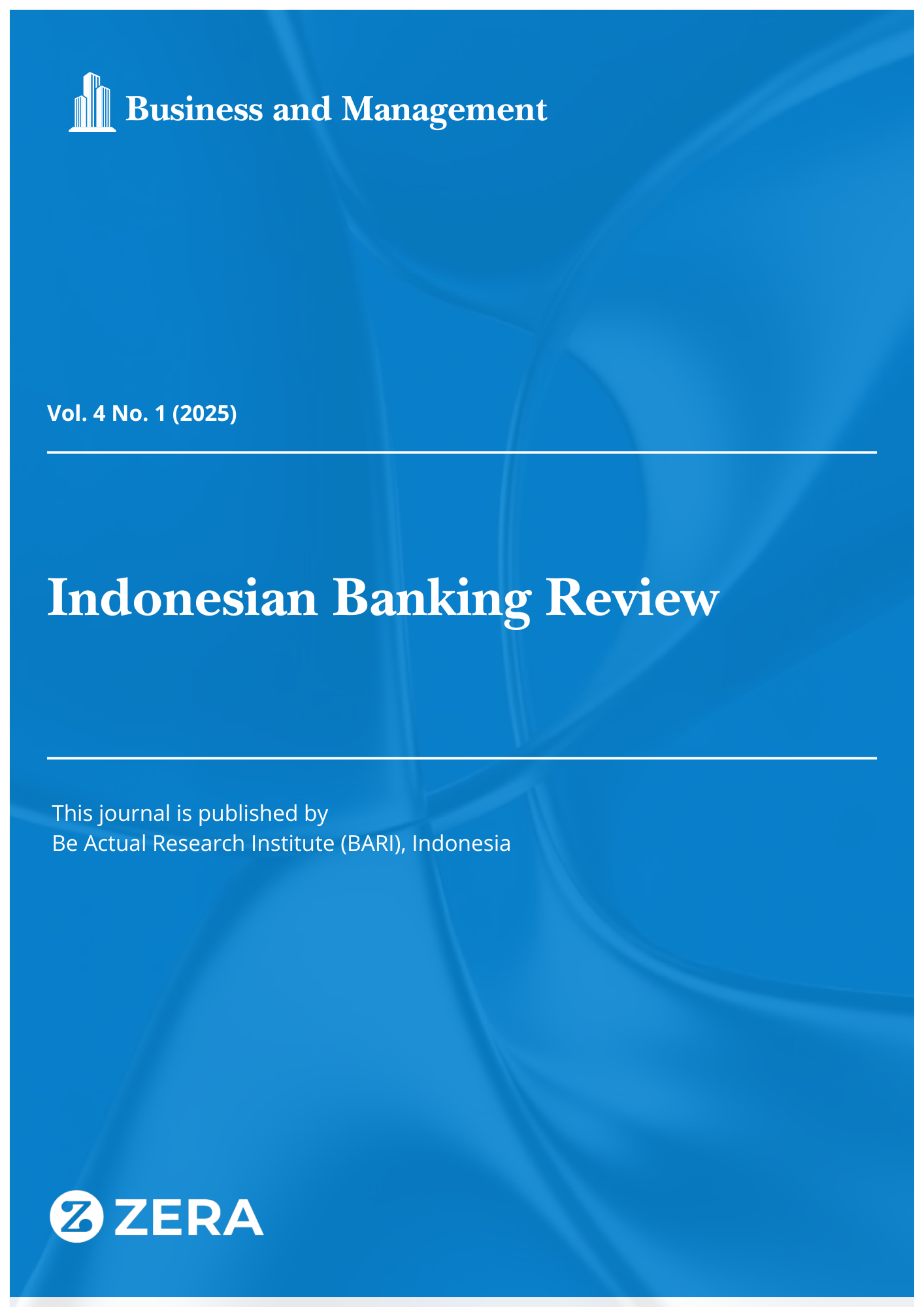Keywords:
Banking, Consumer Behavior, Covid-19, Cybercrime, DigitalizationAbstract
The phenomenon of digitalization in the financial and banking sector has accelerated the transformation of services toward faster, more efficient, and easily accessible digital platforms. Technologies such as mobile banking, internet banking, and artificial intelligence integration enable banks and financial institutions to enhance service quality while reaching a broader customer base. The COVID-19 pandemic acted as a significant catalyst, accelerating changes in societal behavior toward cashless transactions, online shopping, and the use of super apps. However, this rapid digitalization is not without major challenges, particularly the drastic increase in cybercrime during the pandemic. Threats such as phishing, identity theft, ransomware, and data misuse demand stronger regulations, robust security systems, and improved digital literacy among the public. This article aims to analyze the relationship between the effectiveness and efficiency of digital banking services and the associated security risks, while also examining the implications for consumer behavior in the digital economy context. Using a literature review method, the study provides a comprehensive overview of both the opportunities and challenges of post-pandemic banking digitalization.


